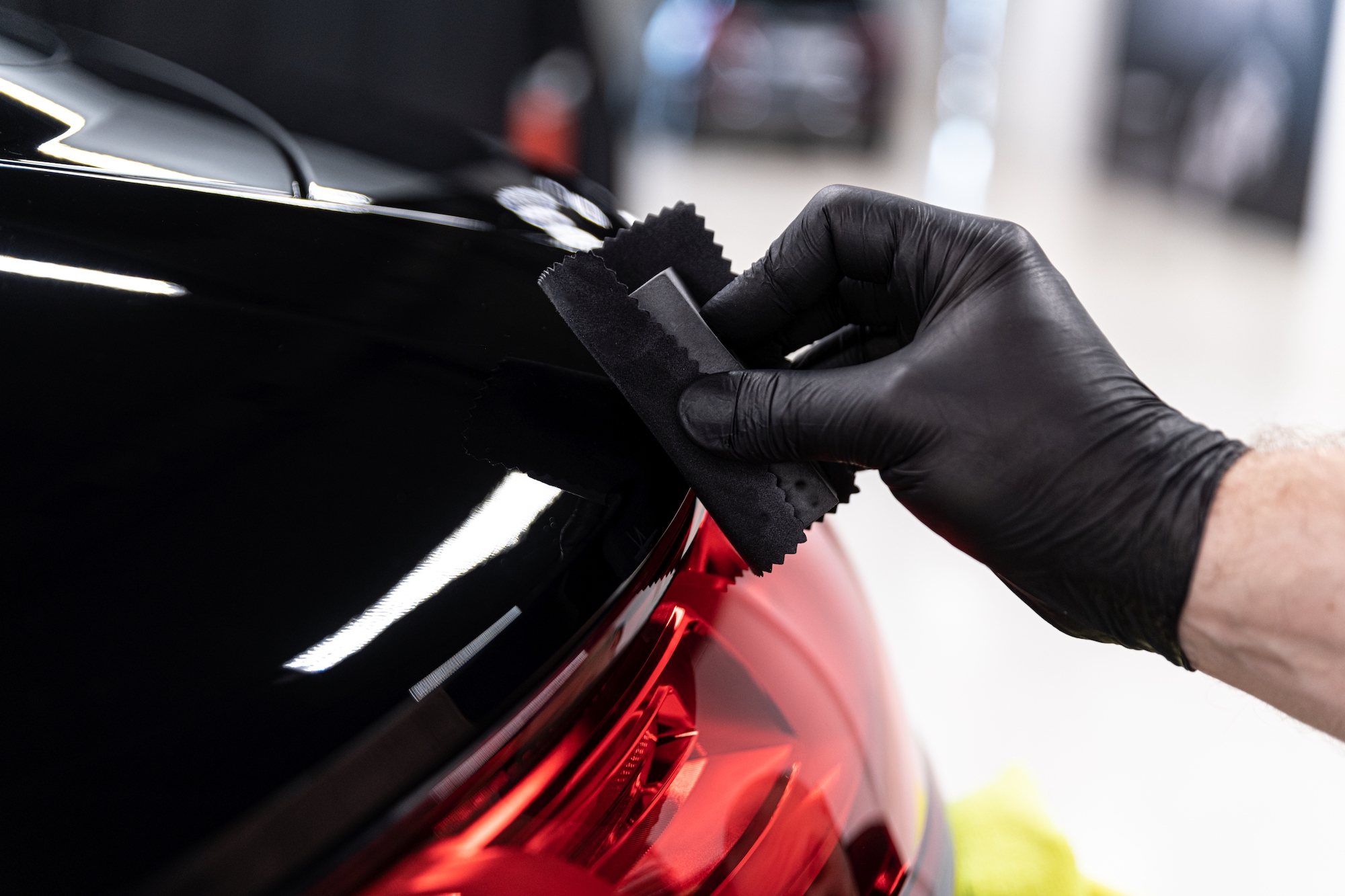Next-gen range-boosting EV battery cathodes test mettle in race car
Better batteries are the key to more practical, universally embraced electric vehicles, and better cathode chemistry is a one of the key elements in creating better batteries. The race for a better cathode has everyone from national laboratories to Nobel Prize-winning inventors scrambling for just the right mix of materials. UK-headquartered global chemical and sustainable tech company Johnson Matthey has a formula it believes superior, and it’s about to test its eLNO cathode tech in the high-demand laboratory of electric car racing. Should things go well, it will move toward mass production within the next few years, helping to power a new generation of more energy-dense cars with longer ranges.
Johnson Matthey describes its eLNO (lithium-nickel-oxide) cathode technology as a layered, nickel-rich oxide structure that increases energy density by roughly 20 percent when compared with current-generation cathode formulas, such as NMC 622 (60 percent nickel/20 percent manganese/20 percent cobalt). JM relies on a proprietary stabilizer and surface modification to prevent the instability that plagues other nickel-rich, low-cobalt cathode formulations, ensure a long lifecycle.
German specialist battery manufacturer EAS Batteries recently built what JM says are the first large, automotive-grade lithium-ion battery cells utilizing nickel-rich eLNO cathode chemistry. The cylindrical 602030-format cells are being installed in a special race car developed by JM in conjunction with Formula E racing team Envision Virgin Racing, the first Formula E team certified carbon neutral by the Carbon Trust. JM and Envision collaborated on the design and engineering of the unique two-seat e-racer, and Delta Cosworth is handling production and assembly.
With help from the Envision Virgin team, JM will experiment with how the “production-representative” eLNO cathodes perform in a high-demand racing environment. The race car testing will be the next step toward Johnson Matthey’s planned 2024 European production start, which will follow the 2022 completion of its first production facility in Poland. The eLNO cathode tech will be customizable for customers and will be particularly well-suited to long-range, high-performance and/or fast-charging electric vehicles, including premium SUVs and cars, according to JM.
“Our eLNO technology will provide a step change in battery energy density for electric vehicles going on sale in just a few years’ time,” says Christian Gϋnther, JM’s battery materials sector chief. “We are proud to have worked with Envision Virgin Racing to present eLNO in the exciting race car at the world’s biggest climate change event. It represents an important step towards high-volume production of the technology in Europe within the next few years.”
Johnson Matthey and Envision will host a world premiere of the new race car on the opening day of the COP26 climate change conference in Glasgow, Scotland, which runs from October 31 to November 12. We’ll look to get more specifics about the car itself and battery pack running it once the show gets underway.
Source: Johnson Matthey








